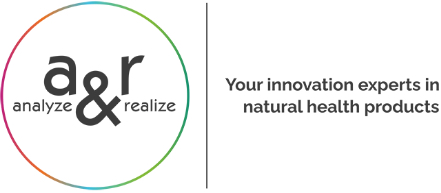
In addition to authorised claims, which are regulated by the Health Claim Regulation (EC) No 1924/2006, manufacturers advertise more frequently using facultative claims. The term “clean labelling” is often used in this context. Clean labelling is the advertising of food with the indication that certain substances such as sugar, gluten, lactose, or colourings and additives are not contained. In general, there are very few clear legal requirements for the use of these statements, which provides design freedom but also confusion for the consumer. However, the overriding principle is not to mislead the consumer.
The most trending claims are vegetarian/vegan, natural, and ‘free from’ claims combined with various labels. Clean labelling is a steadily growing market and, in principle, a good and “simple” way to promote a product without using health claims. For some ‘free from’ claims, there are legal requirements (e.g. gluten-free) or at least guidelines (e.g. lactose-free). However, no legal definition of the term ‘natural’ exists.
Often the claims ‘natural colourings’ or ‘natural sweeteners’ are advertised, but the question arises whether the ingredients may still be advertised as natural if they have been produced by a complex chemical process. According to research, consumers do not expect synthetic substances in a ‘natural’ product. Therefore, it is occasionally the case that the statement ‘natural’ is not legitimate. The prerequisite for every clean label on a food product is, of course, that the product actually fulfils the promise. If the information is inaccurate or misleading, the manufacturer is in breach of the legal requirements. This is because protection against deception is a central point of food law. In this context, it is also important to remember that advertising with self-evident facts is inadmissible. In case you need help with the regulatory compliance of your label to check whether an advertisement with the term ‘natural’ is legal, contact us and our experts will help you.
